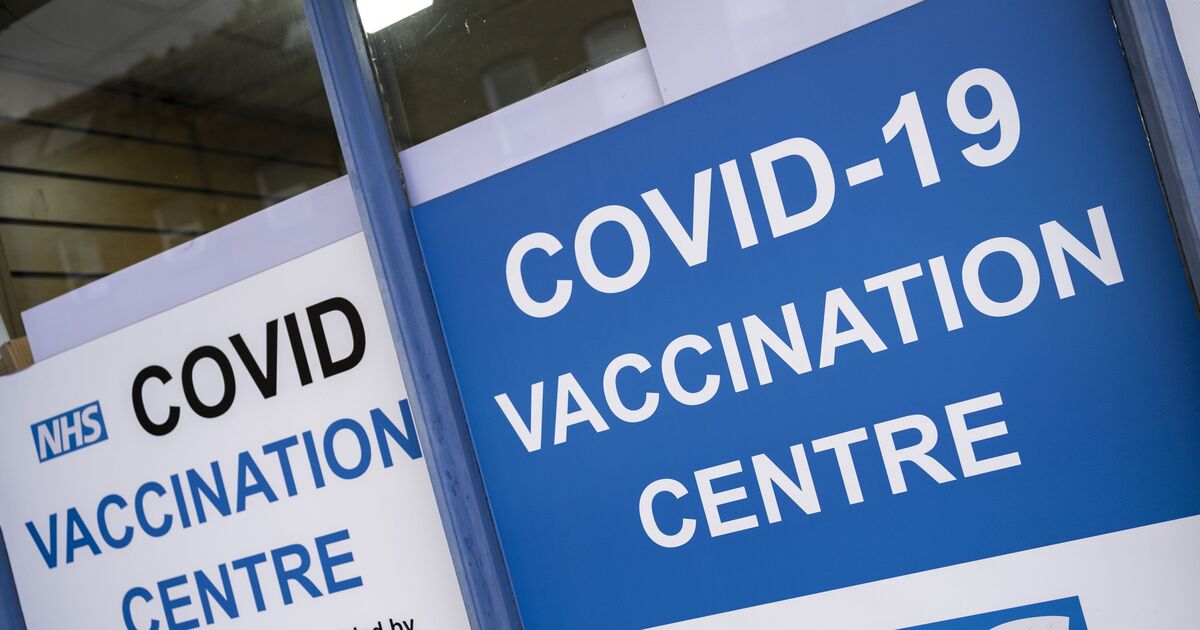Fears are mounting as a potential summer Covid wave hits the UK, with the emergence of a new variant, KP. 3, which has been on the rise.
The BBC has highlighted an uptick in infections, and hospitals have noted an increase in admissions due to the virus, with this more aggressive strain being identified in the UK after it prompted a significant spike in cases in the USA.
The KP. 3 variant is part of a novel cluster of COVID-19 variants, informally dubbed FLiRT, derived from their genetic mutations.
These variants are a subset of the JN lineage. In the US, the KP3 variant has been linked to a surge in Covid cases and is now also present in the UK, albeit in smaller numbers. Hospital admissions have climbed to 3.31 per 100,000 people as of the week ending 16 June, up from 2.67 per 100,000 the week before, reports the Mirror.
The UK Health Security Agency (UKHSA) has said it is waiting for “more data” regarding these new variants to fully grasp their severity and infectiousness. Hospital admissions have seen a 24% increase in the week concluding on Sunday, according to the most recent figures. CDC spokesperson Rosa Norman has said the symptoms of KP. 3 mirror those of the earlier JN.
1 variant, including fever or chills, corroborating online anecdotal evidence.
Additionally, the list of possible symptoms includes:
- High temperature or shivering
- New, continuous cough
- Loss or change to your sense of smell or taste
- Shortness of breath
- Feeling tired or exhausted
- Aching body
- Headache
- Sore throat
- Blocked or runny nose
- Loss of appetite
- Diarrhoea
- Feeling sick or being sick
The NHS is urging individuals with symptoms of covid to stay at home and avoid contact with others, especially if they have a high temperature or feel too unwell for work or school.
Vaccinations are being highlighted as a key defence against severe illness and hospitalisation from both flu and COVID-19, with a particular call for over-75s, those with weakened immune systems, and care home residents to get their booster jabs.
Professor Steve Griffin from Leeds University said: “This is clearly early days, but it certainly looks as though yet another Covid wave is building.”
He added, “If the rise in hospitalisations continues, this is obviously worrying. Although we’ve just had a spring booster campaign for vulnerable populations, the uptake was lower than in 2023, and there is a considerable difference between the current vaccines and circulating viruses.”
The UK Health Security Agency (UKHSA) has stated that it’s currently “impossible” to determine if new variants are causing the slight increase in hospital admissions.
Despite the removal of legal self-isolation requirements for Covid, the government still advises people to stay at home and avoid others for five days after a positive test result.
Dr Jamie Lopez Bernal, a consultant epidemiologist at the UKHSA, has issued a warning to those showing symptoms of Covid-19 or flu: “If you are showing symptoms of Covid-19 or flu, help protect others by staying at home and avoiding contact with other people, especially those who are more vulnerable.”









